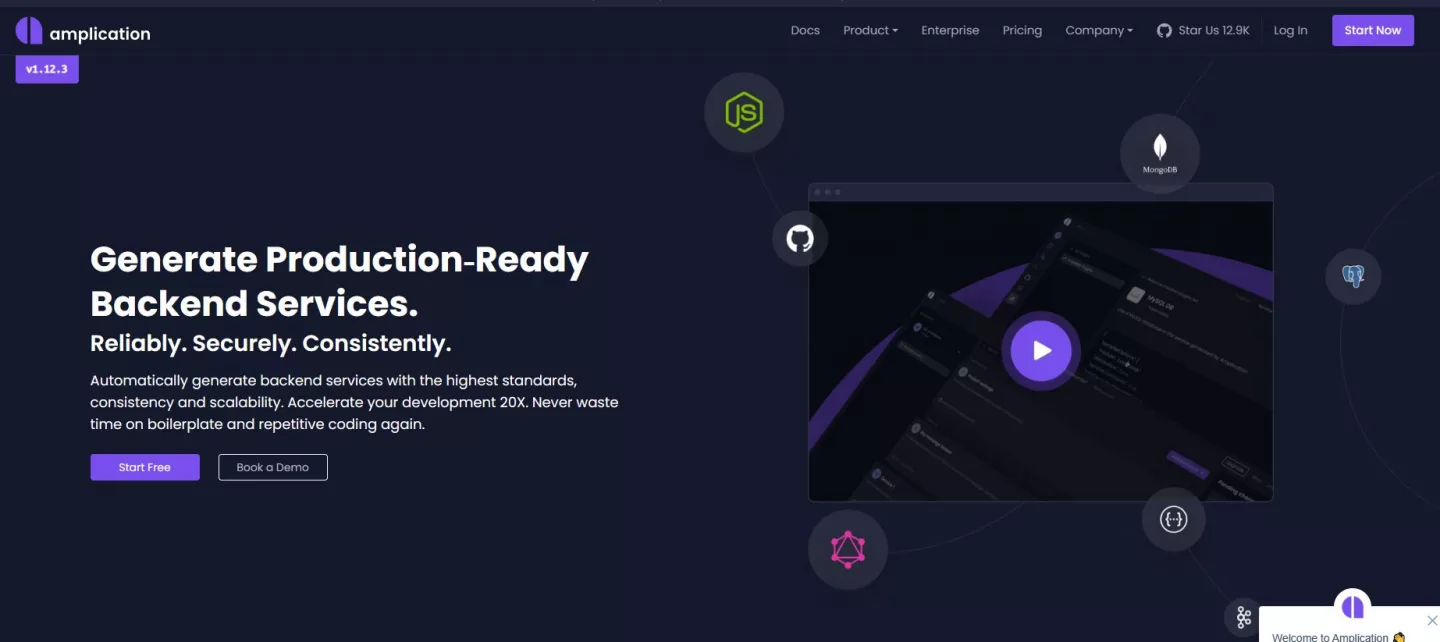Here are some interesting facts about javascript that you may not have known, and that may be useful and handy to know if you are going to have a Javascript interview.
It was created in only 10 days
One interesting fact about JavaScript is that it was created in just 10 days. Brendan Eich, a programmer, developed the first version of JavaScript in 1995 while working at Netscape Communications. The language was initially called "Mocha" and was later renamed "LiveScript" before finally becoming JavaScript. Despite its rapid development, JavaScript has since become one of the most widely used programming languages for web development and has a significant impact on modern web applications.
Its real name is ECMA Script
JavaScript has a standard specification called ECMAScript. ECMAScript is a standardized scripting language specification that JavaScript, along with other languages like JScript and ActionScript, is based on. The specification defines the core features and syntax that a scripting language must provide. JavaScript engines in web browsers and server-side platforms implement this specification to ensure consistency and compatibility across different environments. The ECMAScript specification is regularly updated to introduce new features and improvements to the language.
Javascript is interpreted
Another interesting fact about JavaScript is that it is an interpreted language. Unlike some programming languages like C++ or Java, which are compiled before execution, JavaScript is executed directly by a web browser or other JavaScript engines without the need for a separate compilation step. This interpretive nature allows for more flexibility and dynamic behavior in web development, as changes to the code can be made on the fly without the need to recompile the entire program.
Javascript is event driven
JavaScript is an event-driven language. This means that it can respond to various events that occur in a web page, such as user interactions (e.g., clicking a button or typing in a form field) or system events (e.g., the completion of an HTTP request). JavaScript code can be written to listen for and respond to these events, making it a powerful tool for creating interactive and dynamic web applications. This event-driven nature is a key feature that enables the creation of responsive and user-friendly web interfaces.
Javascript is single threaded and non blocking
JavaScript is single-threaded and non-blocking. This means that it processes one operation at a time in a single execution thread. However, it uses an event loop to efficiently handle asynchronous operations, such as network requests or timers. As a result, JavaScript can perform tasks like fetching data from a server without blocking the entire application, which is essential for building responsive and interactive web applications. This single-threaded, non-blocking nature is often referred to as JavaScript's "concurrency model."
Javascript is a loosely typed language.
JavaScript is a loosely typed language. Unlike some other programming languages where you need to declare the data type of a variable, JavaScript allows variables to change types during their lifetime. This flexibility can be both an advantage and a potential source of bugs. It's important for developers to be aware of JavaScript's loose typing and use good practices to ensure their code behaves as expected.

Make sure you are careful when using or asuming types in javascript variables.
Closures in Javascript
JavaScript has a feature called "closures." Closures allow inner functions to access variables from their containing (outer) function, even after the outer function has completed execution. This concept is essential for creating private variables and data encapsulation in JavaScript. Closures are widely used in various JavaScript design patterns and are a powerful tool for managing data and functions in a more controlled and modular way.
Javascript is one of the most popular
JavaScript is an extremely popular and widely used programming language. It consistently ranks as one of the most commonly used programming languages in the world. Its popularity extends not only to web development but also to various other domains, including server-side development (Node.js), mobile app development (using frameworks like React Native), and even Internet of Things (IoT) applications. JavaScript's versatility and broad community support make it a go-to choice for many developers across different technology stacks.











